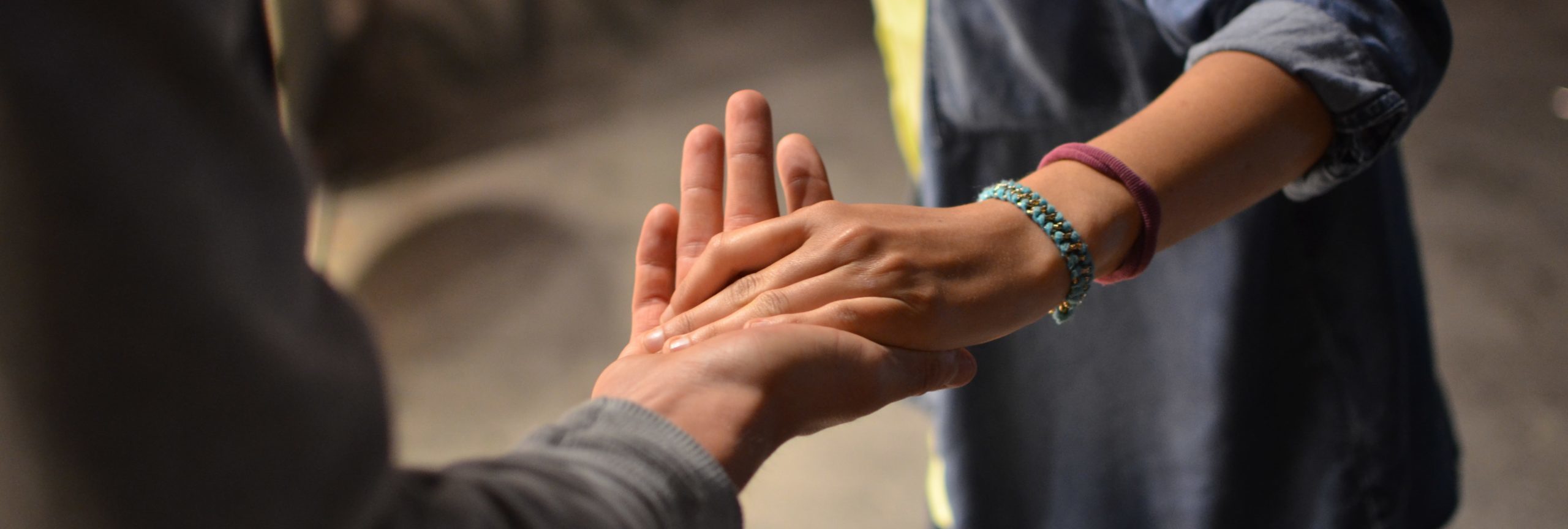

Back in the 1960s, Dionne Warwick recorded a hit song, What the World Needs Now is Love. It has remained popular over the years, not only because of the quality of the music and the talent of the artist, but because the lyrics communicate a message that all people can relate to. We live in a world of overwhelming violence where people and cultures commit atrocities against one another. No one would disagree with the assertion that hatred, jealously, and bitterness need to be replaced with love. Unfortunately, it did not happen back then and it has not happened yet.
But where does love fit in a world that believes God does not exist? If we are nothing but material beings composed of a mass of particles, then what is love to us? Atheistic philosophy readily admits that love has no meaning in our lives other than its pragmatic, physical consequences. As B.F. Skinner concluded, love is an illusion.
Psychologist Daniel Wegner of Harvard says love is nothing more than the effects of unconscious physical causes.
Dr. Francis Crick’s work led to the identification of the structure of DNA. Crick believes we are nothing but a molecule machine and the love you think you are experiencing is only a biological reaction.
Susan Macaulay, in her book How to Be Your Own Selfish Pig, shares the true story of Philippe and Françoise, two bright and sophisticated students at the Sorbonne University in Paris. One day the two meet, romance blossoms, and they begin living together during the school year.
When their studies end, the lovers are perplexed over what to do next. It is more convenient for them to separate, so they part and go their separate ways.
Philippe tries to push aside his feelings for Françoise by employing the concepts he learned in his philosophy classes at school. Love is an illusion, he reasons. These feelings I have are temporary and are a result of my hormones. Other women will come along to replace Françoise.
As the months go by, Philippe and Françoise cannot forget each other. The relationships they experience with others seem empty. They pursue lives that they believe will provide them with excitement and satisfaction, but find that the theory they believe in is not working for them. They finally come back together.
Mrs. McCaulay first met Philippe at L’Abri School in Switzerland, where his confusion eventually led him. Philippe could not understand why it was so difficult to live without genuine love and commitment. He acknowledged that he never realized how his atheistic ideas about life were draining it of its joy:
“I have always believed that the human being was the result of chance. We are like machines doing what we are programmed to do by our genes and instincts and hormones. This means that I cannot make choices; my genetic program is running me. I cannot really love. A computer can’t love! Beauty has no meaning. Love relationships are a farce, an illusion!”
For Philippe, life did not have any meaning or joy, and consequently led only to confusion. What he believed to be true intellectually contradicted what he felt to be true experientially.
One of the most interesting personal stories I have read is the life of journalist and author A.N. Wilson. Many thought he might become the next C.S. Lewis, until he renounced his faith. Richard Dawkins and Christopher Hitchens were thrilled to see their friend come back to atheism. He spent many years mocking Christianity. Then something very strange happened that stunned many of his followers: He returned to the Christian faith.
In an interview with New Statesman, in explaining his reasons for coming back to the Christian faith, he said that atheists “are missing out on some very basic experiences of life.” Wilson clearly recognized that the Christian “perception of life was deeper, wiser, and more rounded than my own.”
He concluded that those people who insist we are “simply anthropoid” apes cannot account for the basic experiences of life, particularly love. He also observed how Christian faith transforms people’s individual lives, and it convinced Wilson the Christian faith is simply true.
Do you recognize love to be a reality in your life and relationships? If you are an atheist and believe in love, do you not recognize the massive contradiction in your life? Love cannot exist other than some type of chemical response in your brain because we, in the final analysis, are nothing but atoms and molecules in motion with no purpose.
The worldview that clearly supports the highest aspirations of love is Christianity. It recognizes love to be real because God is the source of that love. As the apostle John said: “Love is from God” and “We love because He first loved us.” Atheism clearly denies the mystery of love.
This entire essay can be summarized in these powerful words of author and scholar Nancy Pearcey:
“Love is not an illusion created by the genes to promote our evolutionary survival, but an aspect of human nature that reflects the fundamental fabric of ultimate reality.”
Richard E Simmons III is the founder and Executive Director of The Center for Executive Leadership and a best-selling author.
Add grace and understanding to your day with words from Richard E. Simmons III in your inbox. Sign-up for weekly email with the latest blog post, podcast, and quote.

Bulk discounts for 25 or more books! Call 205-789-3471 for prices.
For local orders in the Birmingham, AL area, enter Promo Code LOCAL at checkout to save shipping. We will email you when your order is ready for pickup.